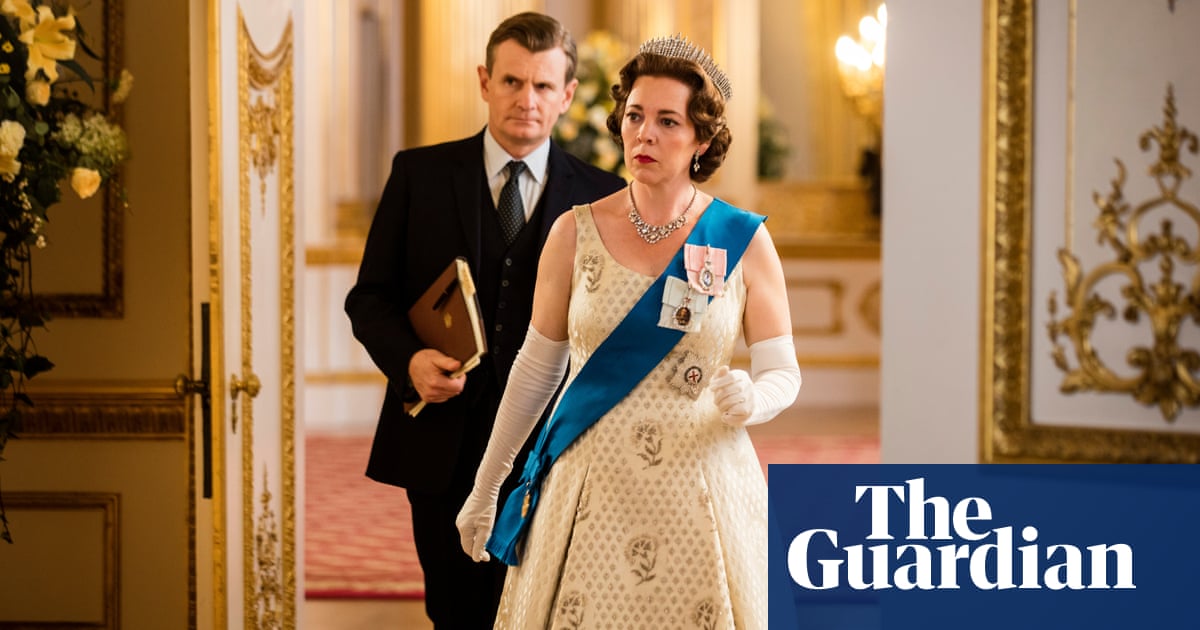The broadcaster John Sergeant thinks the Netflix drama The Crown is “dangerous … I think we’re now asking too high a price from the Royals,” he told the Radio Times. Obviously I want to nitpick and say, you don’t ask a high price, you pay it, and actually, we don’t ask anything of them at all, except that they don’t traduce all values of decency with their associations. But parking that, has he got a point? Is it unfair to dramatise them?
It is possible to read too much constitutional significance into TV, which is to say, any at all: The Crown has only ever pretended to be guided by historical atmospherics, rather than, say, bound to represent history accurately. So what could the third season rationally convey about the real Royal family?
Quite a lot: the Windsors, even in real life, are functionally fictional. Nobody really knows them; they rarely say anything, except when one of them does, and it’s so bizarre that it makes them all seem further away. So when you turn that mediocre fiction into good fiction – characters behaving in a three-dimensional way that you can empathise with – this will, inevitably, flatter them more than the patchwork of Hello! photoshoots and Emily Maitlis interviews. That’s before you consider the casting: Olivia Colman beams human being out of her face. I don’t think she can help it. Helena Bonham Carter would have you on her side in a war against a kitten – it’s something to do with the fine line she treads between light and dark energy, I’m afraid I can’t be any more specific than that. So yes, in that sense, and before you consider the visual sumptuousness, which leaves you with a vague feeling that the world is enriched just because they exist in it, this season of The Crown in particular is a right royal PR exercise. It’s the only thing that could have saved them from the birthday-party-cancelling maelstrom in which they find themselves.
And yet … there is also the It’s a Knock Out effect, the downside of humanisation. When you consider the family to be so distant as to be incomprehensible, you don’t wonder too much about their decisions. Any universality in the smallest amount and you start to wonder, what are these people playing at? Can the notion of duty go even halfway towards explaining why they live as zoo animals? Or are they completely weighed down by the material luxuries that, over a lifetime, could never compensate for the fullness of freedom, but day-to-day probably seem quite important? And if it’s that … if it’s just that, then maybe you still sympathise, but they slip down the list a bit, beneath “banker who doesn’t get time to see his family” and “dog who feels sick but shouldn’t be eating things out of bins”.
If I were the Queen, I would take the uptick but sue the programme anyway, for making out that I was a cold and loveless mother. But that’s the genius of the show, apparently; Royals very rarely sue.

